In an era permeated by fake news, Darren Linvill, professor and co-director of the Watt Family Innovation Center Media Forensics Hub, was recently featured in a CNN article that highlighted his ongoing research.
The CNN article included Linvill’s research and highlighted China’s massive online misinformation campaign against Americans, specifically New Yorker journalist Jiayang Fan. Linvill and his team discovered over 12,000 tweets attacking Fan for covering events such as pro-democracy protests in Hong Kong, according to CNN.
“If they don’t like a hashtag that paints China in a bad light or puts their leader in a bad light, they’ll flood it with thousands of fake accounts so that it becomes useless for activists who are trying to use it for actual engagement purposes,” Linvill said. “They post all these cartoons … and images attacking (political opponents).”
Linvill explained that social media is typically the M.O. of the Chinese disinformation strategy and runs under networks known as “Spamouflage” or “Dragonbridge.”
While misinformation campaigns may not seem to be a threat to ordinary people, Linvill’s research warns against such thoughts. He claims that Americans have already been targeted in false news attacks, and as the disinformation era progresses, world politics will be impacted as well, and the effects will trickle down throughout society.
“People talk about disinformation as though it’s this nebulous danger that doesn’t actually affect you, but it’s a real thing, and it is affecting global politics and conversation online,” Linvill said. “Nations are putting a lot of resources into this … when India and Pakistan are trying to make their countries more nationalistic, that doesn’t have any direct effect on us as Americans, but it’s got a lot of implications for geopolitics and how countries interact with one another.”
In addition to targeting Americans, Linvill discovered Chinese misinformation practices against its own civilians, such as virologist Li-Meng Yan.
“She left China at the start of (the COVID-19 pandemic) claiming that China had created and released the COVID virus,” Linvill said. “She released a report saying the Chinese were behind it, so they’ve been attacking her.”
The Watt Family Innovation Center Media Forensics Hub provides new insights into the disinformation practices of various countries and their implications worldwide.
The necessity of understanding the gravity of disinformation campaigns is why Linvill appreciates the chance to undertake this research with undergraduate students through the Creative Inquiry program. Students must grasp the significance these tactics will have on their world, and Creative Inquiry provides a space to do so.
“I’m really proud of our CI and the work that comes out of that; we’re the only lab in the country that works with undergrads in the way that we do,” Linvill said. “I think that’s one thing that makes Clemson special, the opportunity to work with projects that have a real-world impact and try to understand what’s happening in the world in a meaningful way, not just in a textbook.”



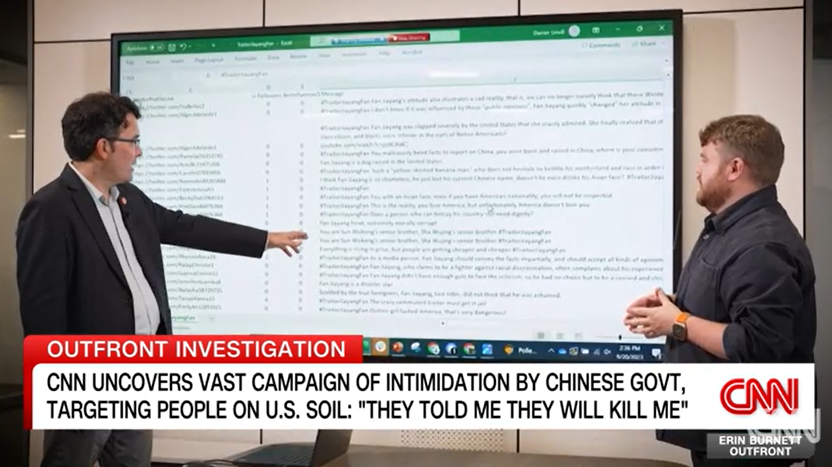
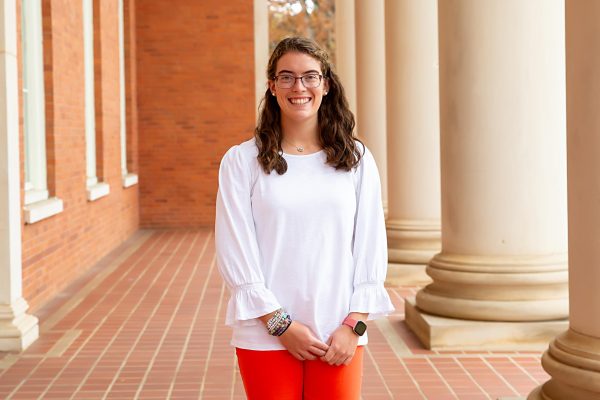
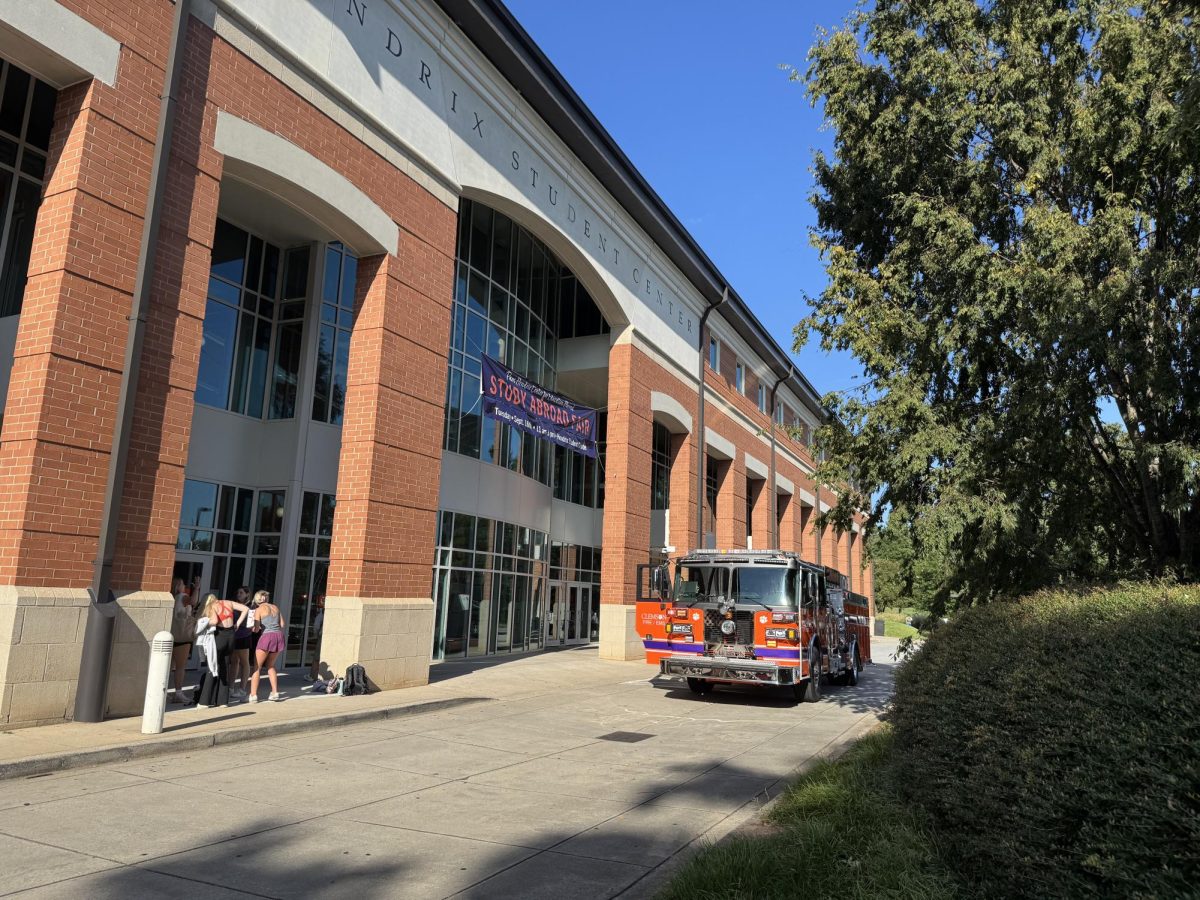

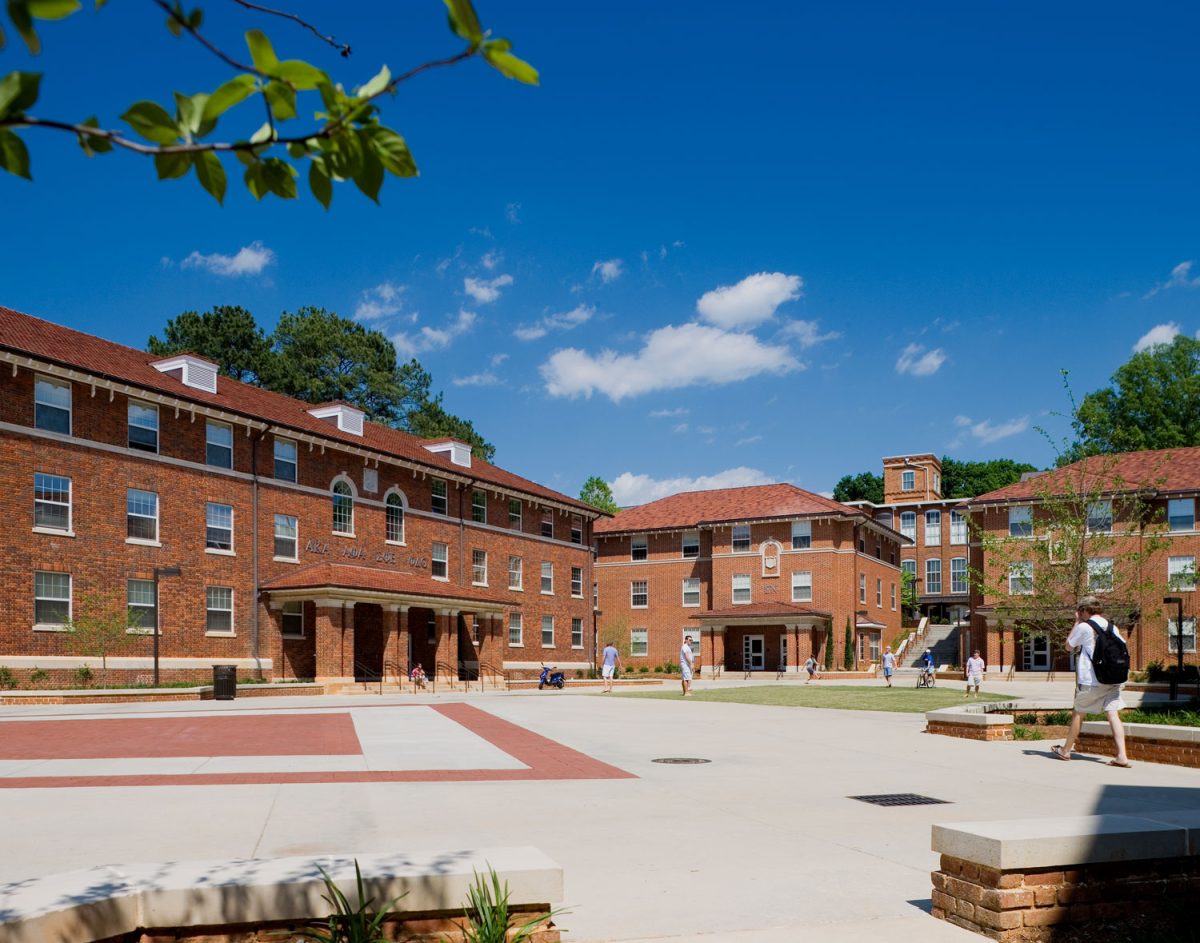
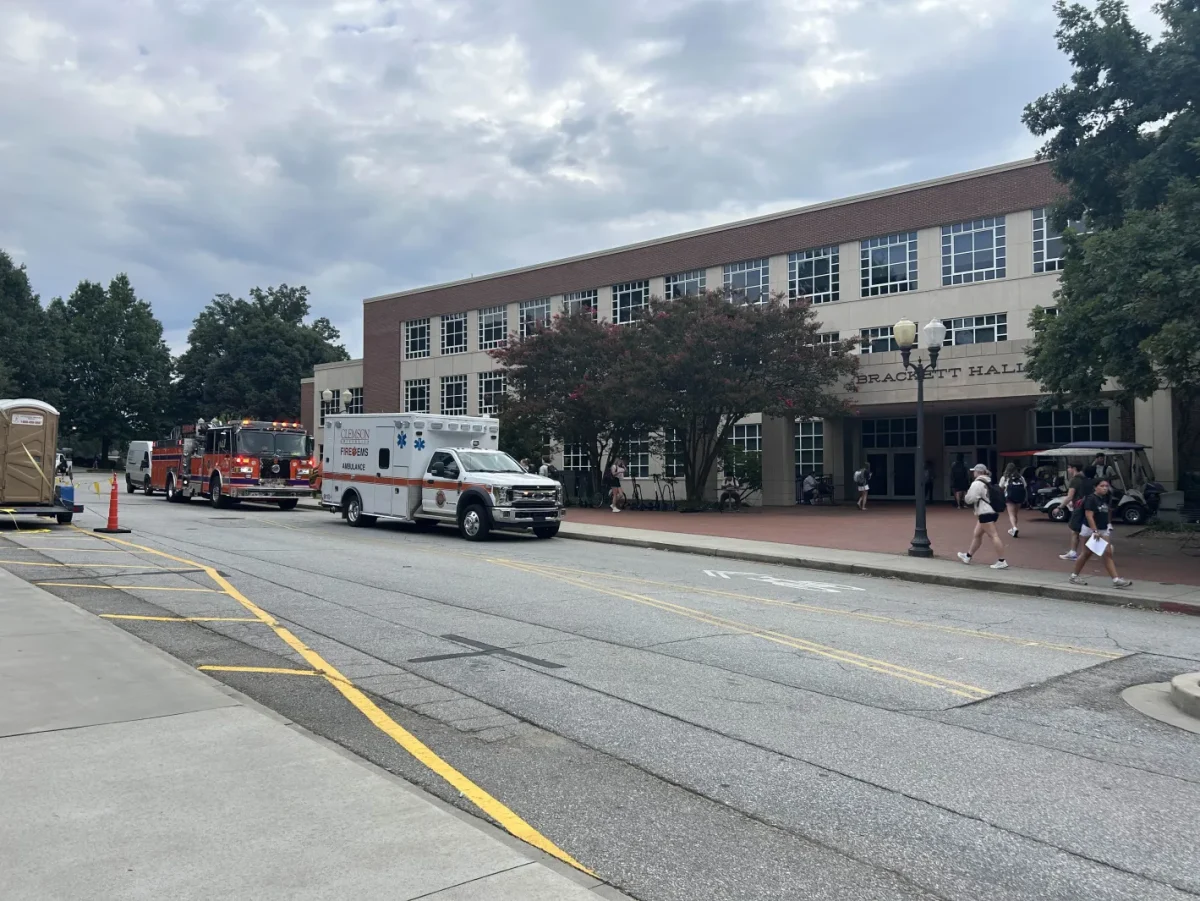


IRA SUMNER • Mar 12, 2024 at 3:23 pm
AMEN!